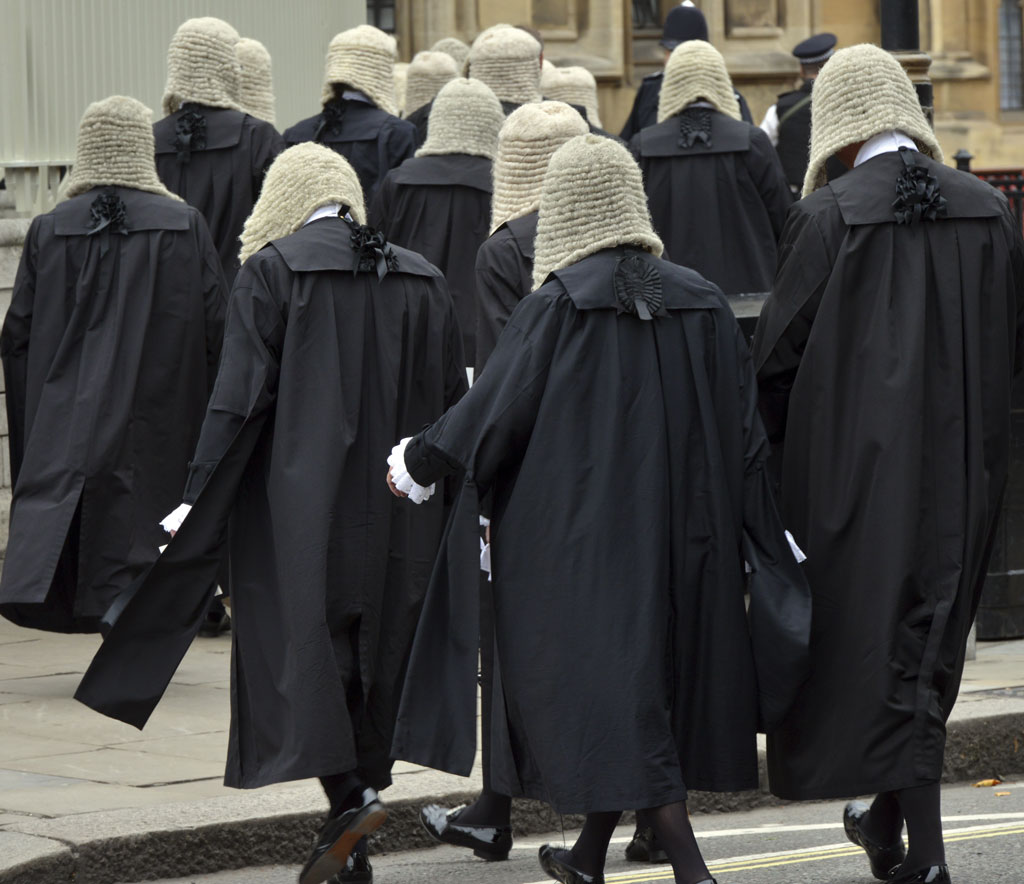
Is it possible to achieve diversity on the bench, asks Ed Crosse
“Once we accept that who the judge is matters, then it matters who our judges are” (Erica Rackley, Women, Judging and the Judiciary (2013), p 164).
Hopefully few, if any, would argue with this sentiment, or that a quality candidate should be prevented from becoming a judge because of their gender, race, religion, sexual orientation or social background. Why then does the judicial composition of our courts so poorly reflect the diverse society they serve?
Not, it seems, because of any complacency or adverse bias by those responsible for selecting judges; the senior judiciary and Judicial Appointments Committee (JAC) have repeatedly said the proportion of women judges, black, Asian and minority ethnic (BAME) judges and others from under-represented groups is far too low. Speaking last November, Lord Neuberger, President of the Supreme Court, expressed concern that in the Supreme Court, there is only one woman and the rest are 10 white males, only two of whom were not privately educated.








